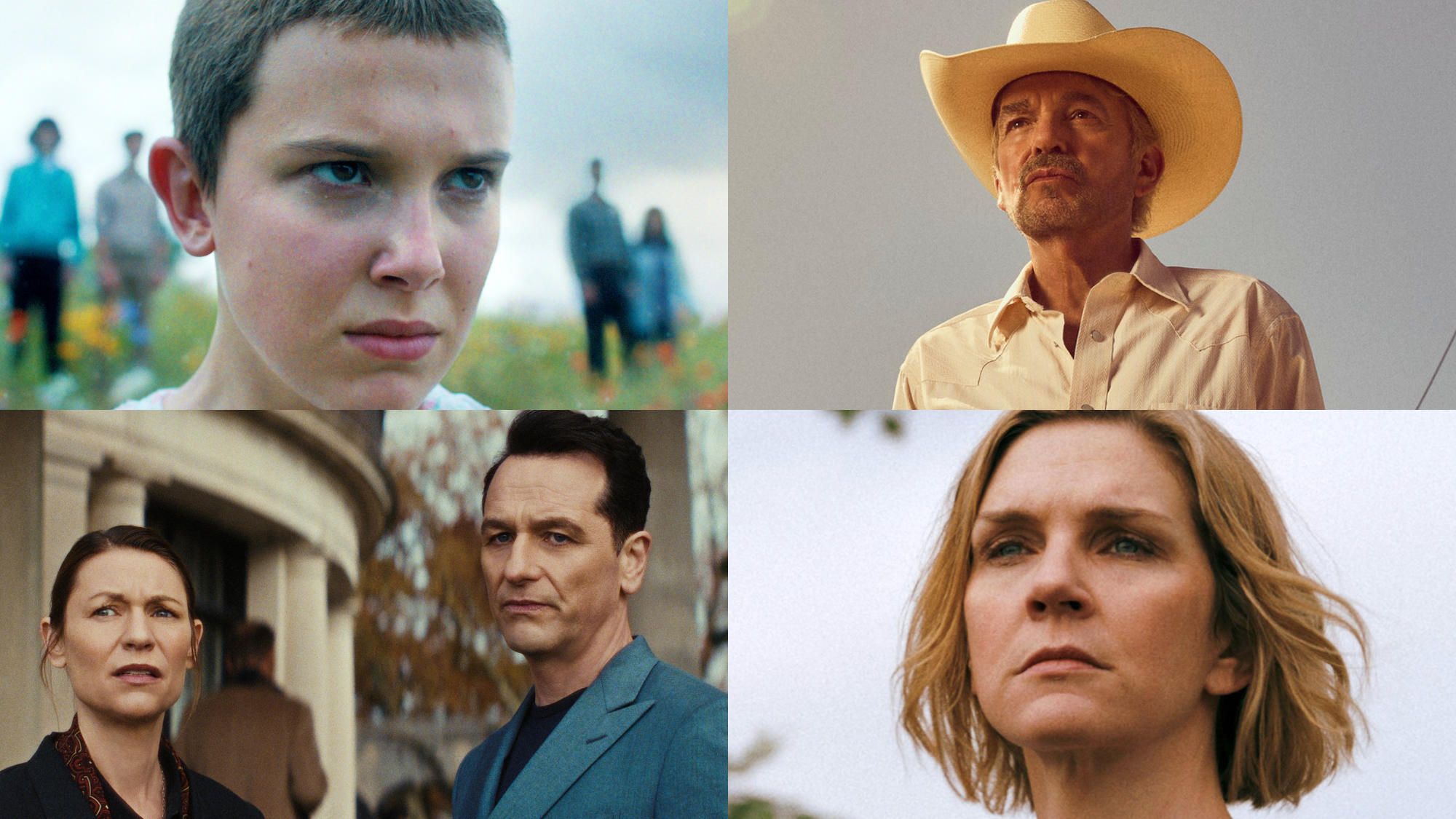Music artist Billie Eilish has never been shy about speaking her mind, and her latest callout of the world’s ultra-wealthy is no exception. Eilish was awarded for her music this week and used her platform to criticize billionaires for hoarding wealth and failing to address systemic inequities, questioning the morality of accumulating fortunes while many struggle for basic needs.
“If you’re a billionaire, why are you a billionaire? No hate, but yeah, give your money away, shorties.” — Billie Eilish
Her comments immediately went viral on social media, reigniting debates over wealth, responsibility and the role of the rich in society. Several pointing out the irony that Mark Zuckerberg was actually at the award ceremony as well.
Eilish’s critique lands at a moment when public frustration with billionaires is particularly high. From tech moguls buying private islands to media personalities flaunting extravagance, cultural conversations have shifted toward asking whether extreme wealth should come with a moral obligation. For Eilish, the answer is clear: if you have enough to change lives, you should.
Enter Dolly Parton — a beloved figure whose generosity provides a complement to Eilish’s critique. Though she has amassed significant wealth, Parton has consistently used her resources to give back, from her Imagination Library, which sends free books to children across the U.S. and internationally, to donations to hospitals, education initiatives and disaster relief. She even helped fund the Moderna COVID-19 vaccine.
Unlike the billionaires Eilish critiques, Parton’s life demonstrates that extreme wealth need not exist in a vacuum. Her philanthropy is high-profile yet heartfelt, showing that giving back can be a central part of one’s public and personal identity.
Eilish’s admonition and Parton’s example resonates because it underscores a broader cultural conversation: wealth comes with choices. One can hoard and flaunt, or one can leverage resources to create tangible social good. Parton embodies the latter, while Eilish serves as the conscience, reminding the public — and the ultra-wealthy — that privilege carries responsibility.
Together, the two figures create a cultural dialogue that is both entertaining and ethically resonant: one critiques, the other inspires, and the conversation over wealth, responsibility and giving back continues to capture the public imagination. In a world fixated on celebrity and fortune, Eilish and Parton remind us that moral accountability, whether in words or deeds, matters as much as the dollars themselves.
Read more
about this topic

